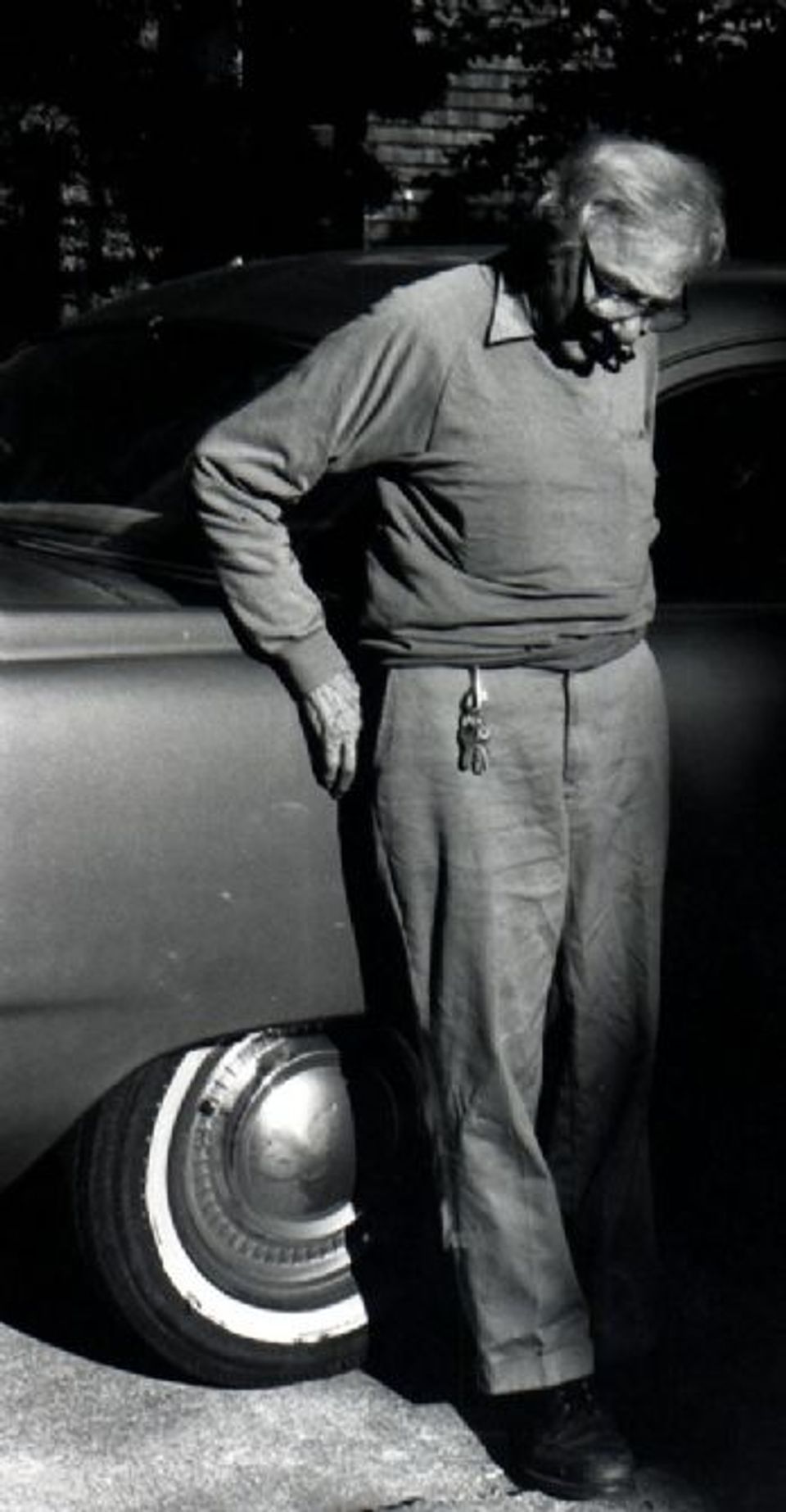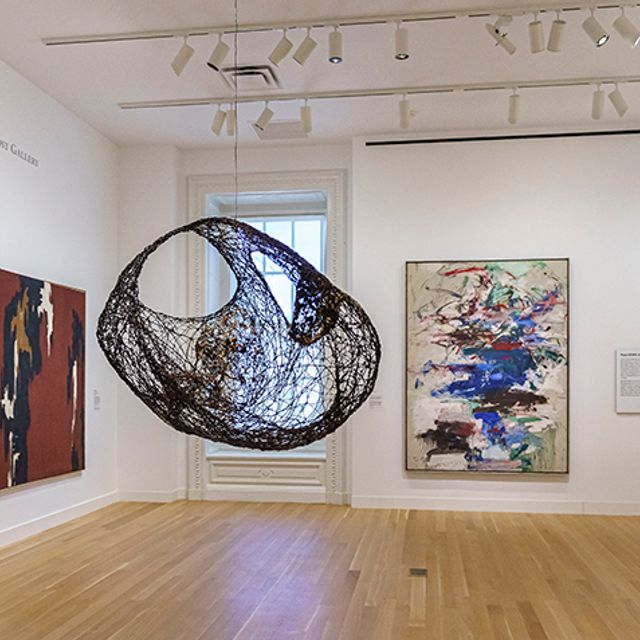James Prestini

- Also known as
- James Libero Prestini
- James L. Prestini
- Born
- Waterford, Connecticut, United States
- Died
- Berkeley, California, United States
- Nationalities
- American
- Biography
James Prestini had a varied career as a mathematician, engineer, sculptor, professor of design, and woodturner. His artwork was influenced by his father, an Italian stonecutter, and by the Bauhaus aesthetic of Laszlo Moholoy-Nagy and Mies van der Rohe. From 1922 to 1924, Prestini attended a trade school in Westerly, Rhode Island, as an apprentice machinist. He earned a B.S. degree in mechanical engineering at Yale University in 1930 and attended Yale's School of Education in 1932. He also studied at the University of Stockholm in 1938 and the Illinois Institute of Technology in 1939.
Prior to becoming a professor of design at the University of California at Berkeley from 1956 to 1975, Prestini turned thinwalled bowls and plates in rich hardwoods from 1933 to 1953. This work would lead to his being referred to as the father of the contemporary woodturning movement in the United States. With emphasis on form and finish, Prestini created elegantly simple designs that embody restraint—the very essence of timeless design.
Kenneth R. Trapp and Howard Risatti Skilled Work: American Craft in the Renwick Gallery (Washington, D.C.: National Museum of American Art with the Smithsonian Institution Press, 1998)
- Luce Artist Biography
James Prestini learned the importance of craft through his father, an Italian stonemason. The Prestini family believed in doing everything themselves, and together they shingled the house, laid the sidewalks, and built a drive and garage for their first car. James experimented as a young boy with his father’s lathe and made rough wooden bowls. While teaching mathematics at Lake Forest Academy in Illinois, Prestini began turning decorative, thin-walled bowls and platters in the school’s workshop. These simple, delicate vessels revolutionized traditional turning sixty years ago, and a student of his, Jack Turley, states that “every bowlturner from this time forward” is a product of Prestini’s innovation.













